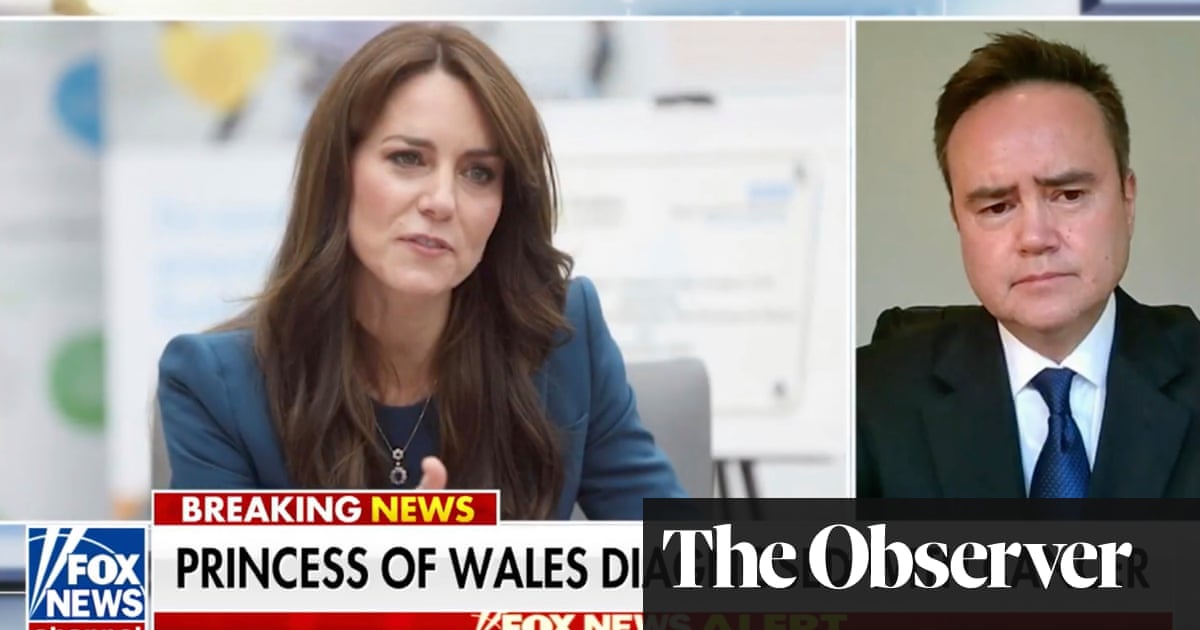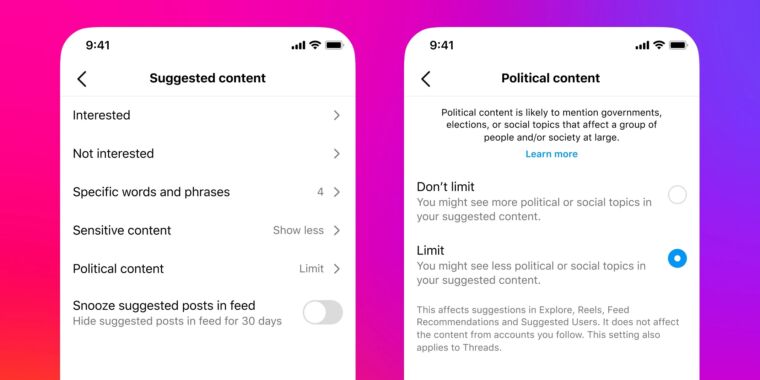- The Publisher Newsletter
- Posts
- Tuesday 26th March: 5 years of pain ahead for the industry
Tuesday 26th March: 5 years of pain ahead for the industry

Good morning! Today’s newsletter is brought to you by Esther.
Charlotte Henry built her newsletter, The Addition, from scratch and was named ‘Best Solo Newsletter’ at the Publisher Newsletter Awards just over a year later. Now, she wants to help others build their own successful newsletter. You can book either a single hour-long call or a course of three calls with her. These are all 1-on-1, so you can really drill down into what you need to make a newsletter work for you.
A couple of weeks back I had a lengthy chat with Ian Betteridge - of Betteridge’s law of headlines (and, y’know, other relevant industry experience) - about the outlook for publishing as the impacts of AI begin to snowball. He had so much good advice that this is the first of two articles; the second will be focused on his strategies for how media leaders can introduce AI into their organisations.
In some respects, it was quite a sobering conversation. Ian reckons we have two years at the most to sort out the reliance on cheap clicks, SEO gaming and ‘easy’ content before AI really bites. He also thinks we have half a decade of real pain ahead as an industry.
But he’s optimistic, too. “The big advantage you’ve got as a human being…is you can go out and talk to people,” he pointed out. “AI can’t do that. It’s going back to those really quite traditional ways of finding exclusives, finding leads, finding really great content, and less of the focus on just ‘churn it out’ journalism.”
A little note from us: If you find this piece and/or our newsletter useful, interesting or both, please share with colleagues or even something like a LinkedIn post would be hugely appreciated. It’s harder than ever for indie publications like ours to get our work out there, so every recommendation makes a real difference 🙏
If you’re charging premium prices, you’d better have a premium audience, and not just say you have one. There’s a beautiful quote in here from one agency executive which highlights the issue quite starkly: “If you’re paying a 20% premium for data and you don’t see a 20% improvement in audience quality, then it’s not worth paying.”
Join the Media Voices community
One publisher reckons less is more when it comes to programmatic, and that working to actively reduce the number of ads on a page can increase CTRs. Are you bold enough to try such a strategy?
Here in the UK at least, stories about Kate been fairly moderate over the past months. Have we learned lessons from particularly unpleasant coverage of women like Caroline Flack, or is it the tighter rules which govern the press’ relationship with the royals coming into play? Whatever the reasons, Kensington Palace “can’t control the internet, or the American media, who are hugely interested in our royal family but have very different standards on privacy and libel,” this piece notes.
This has been one of those changes I’ve seen my ‘normie’ (non media) friends get wound up about. It’s not the fact that Instagram has offered a way to turn political content off, it’s that it’s set it as default for everyone on the sly. And, of course, what they deem as ‘political’ content is entirely opaque. It won’t just be suppressing content about elections and wars; few things news publishers cover are entirely apolitical these days.






